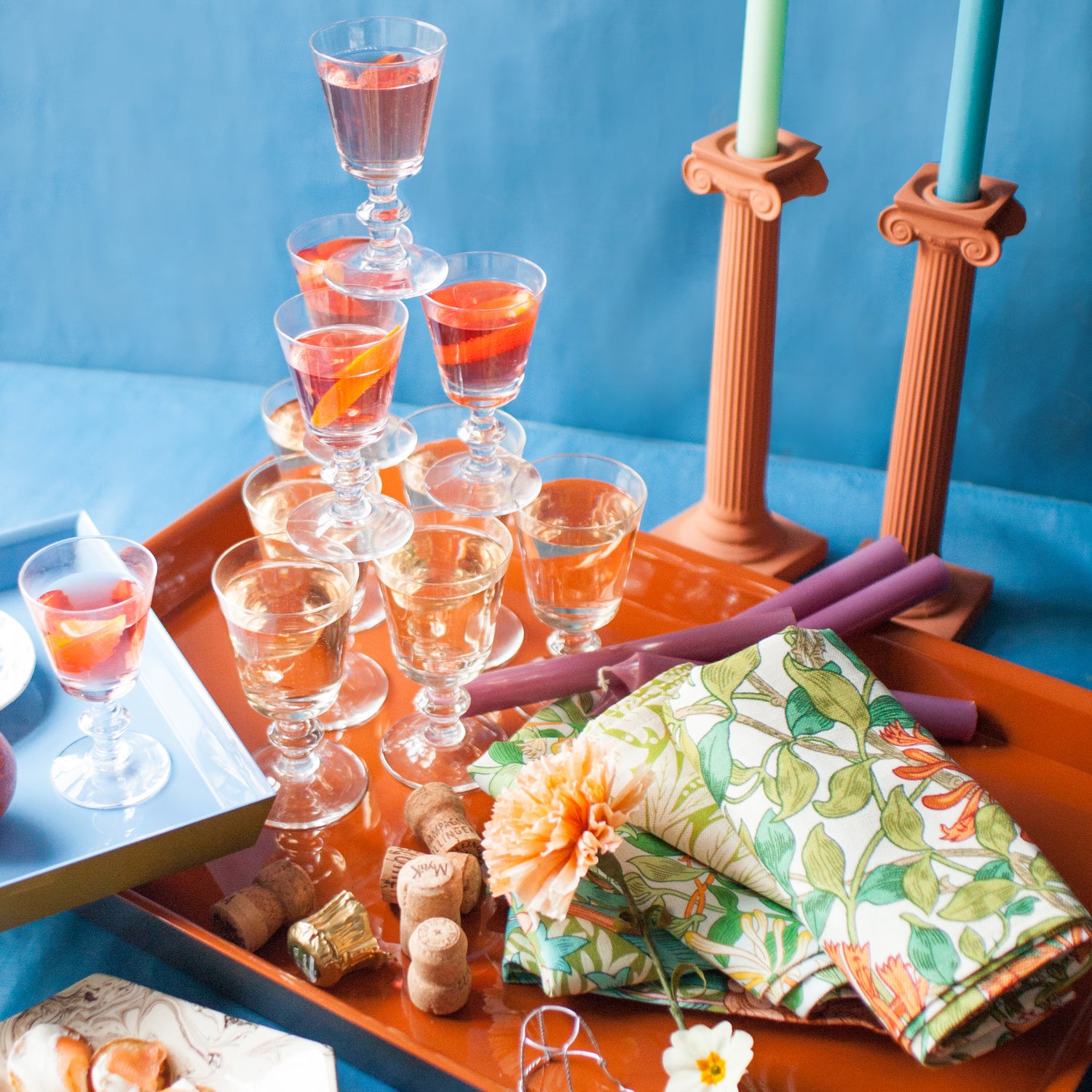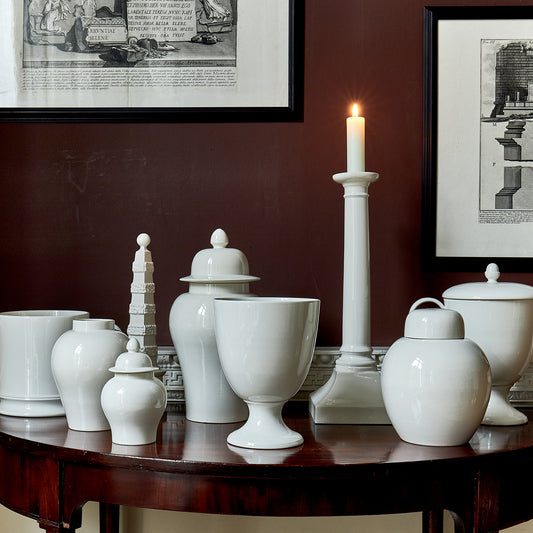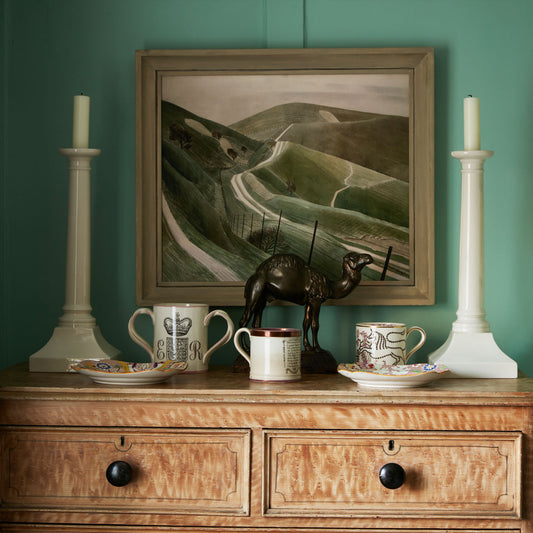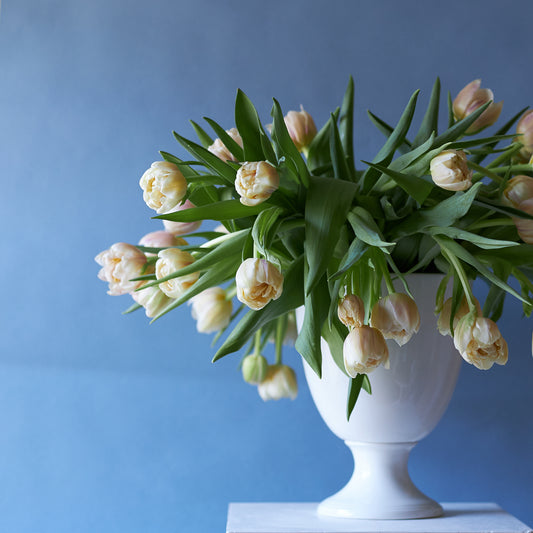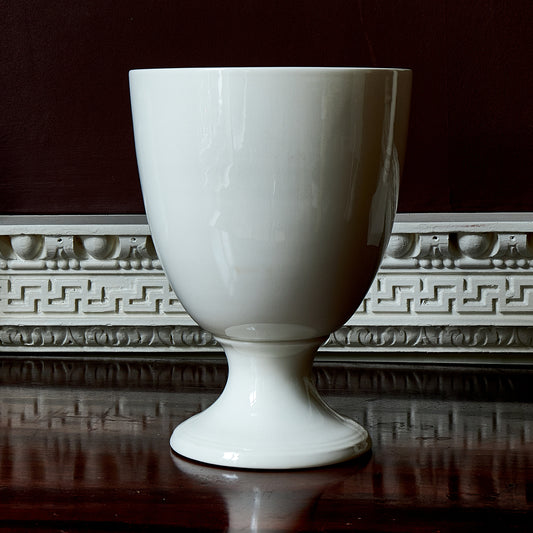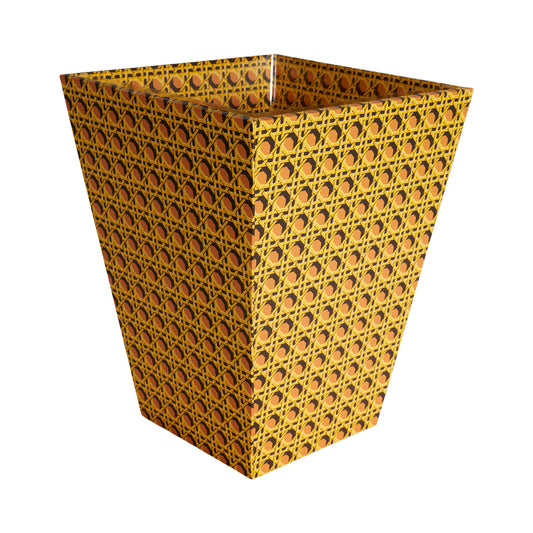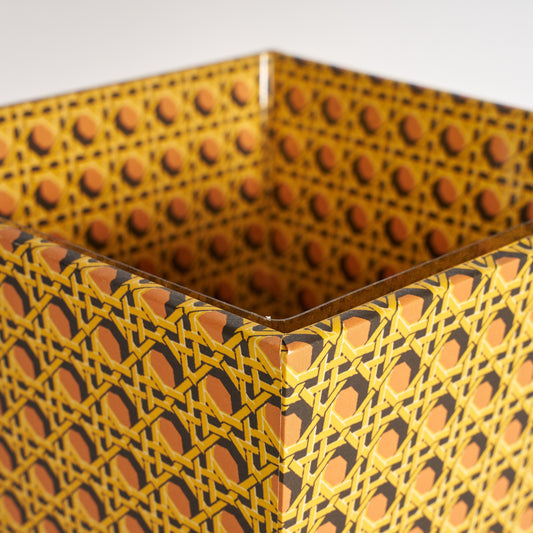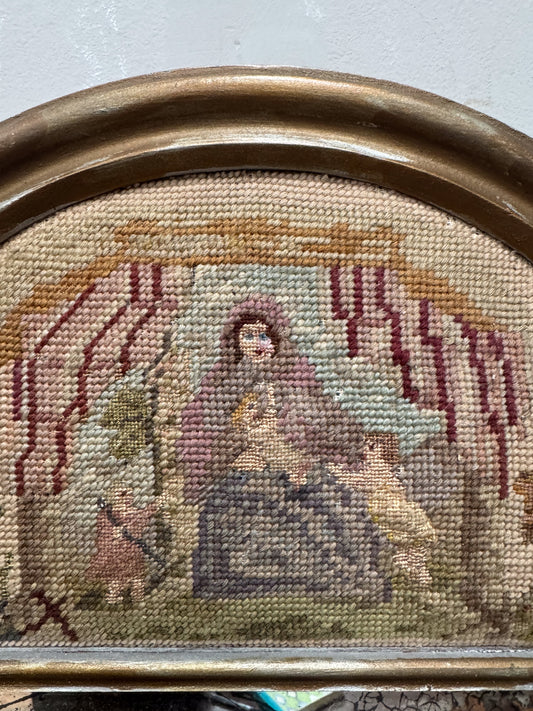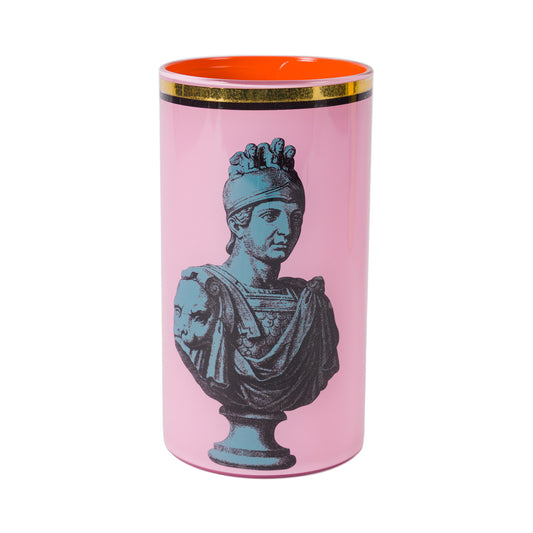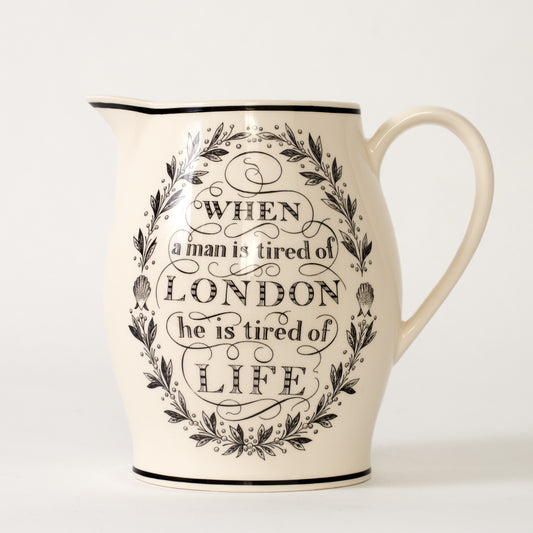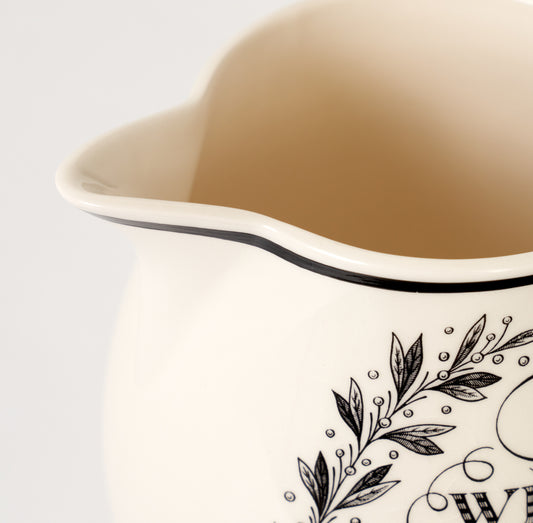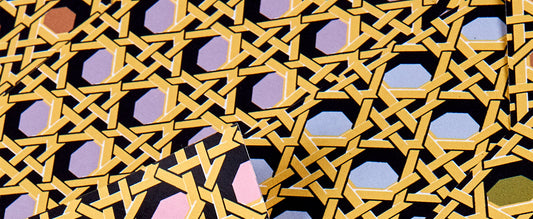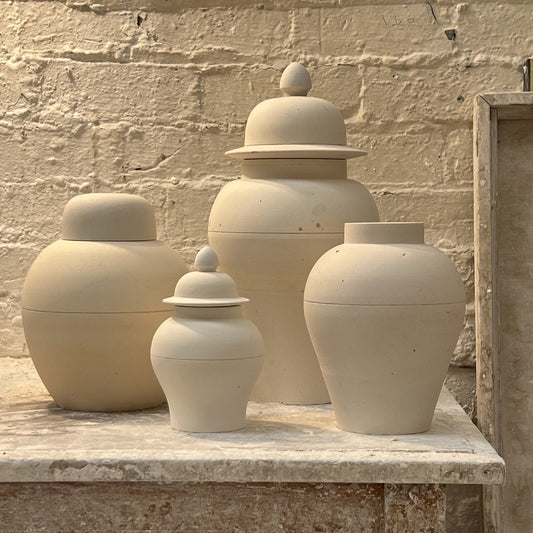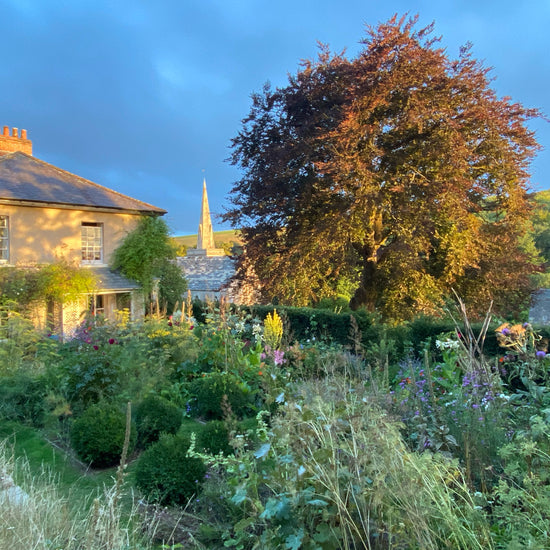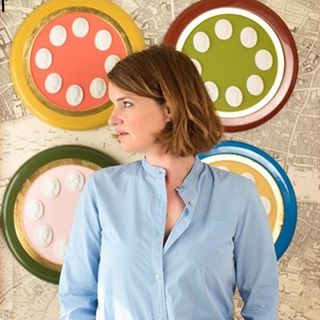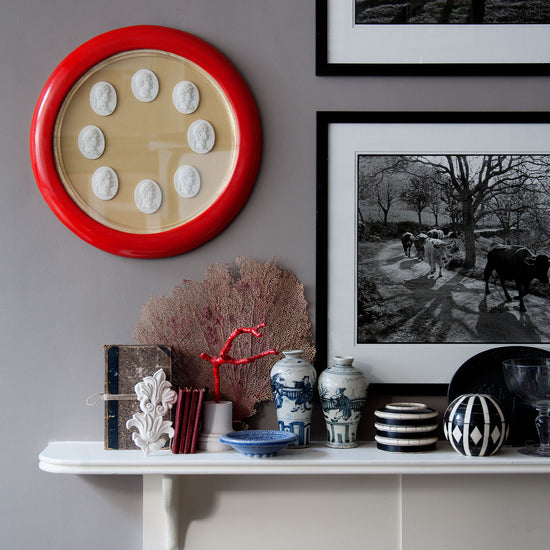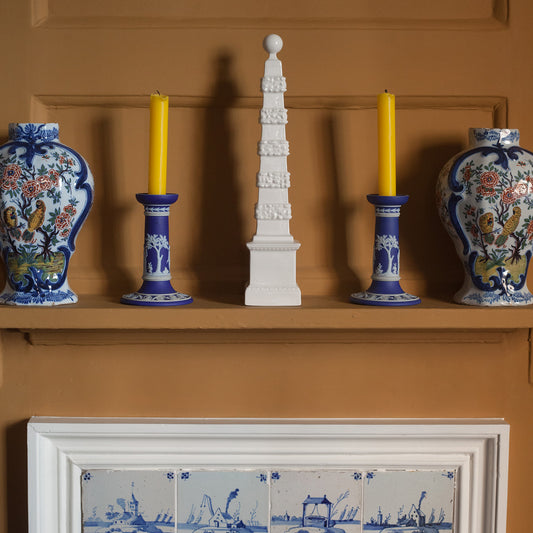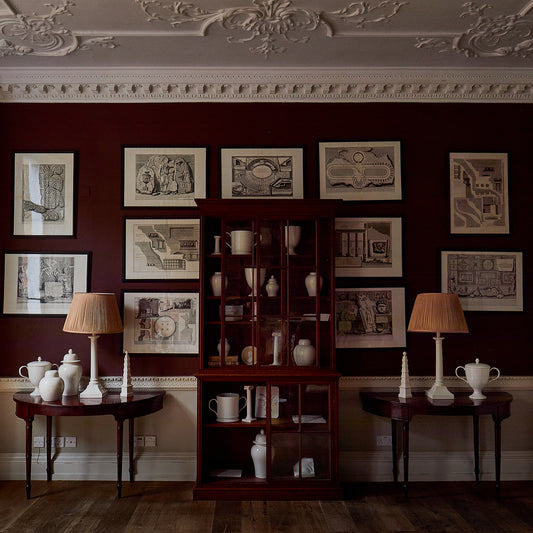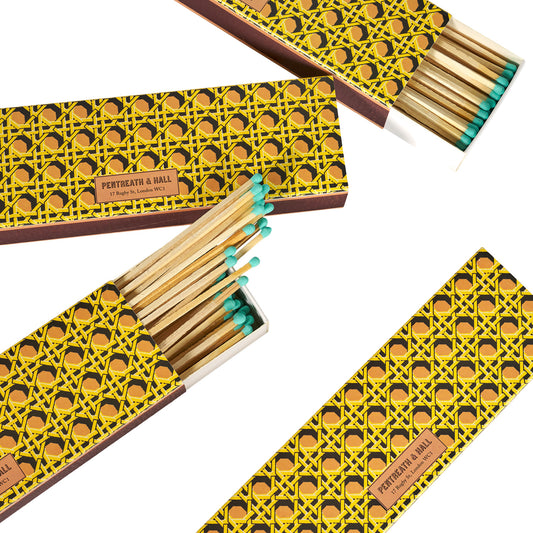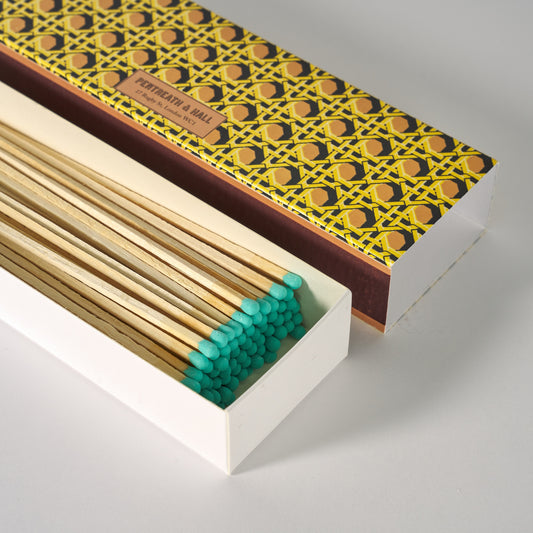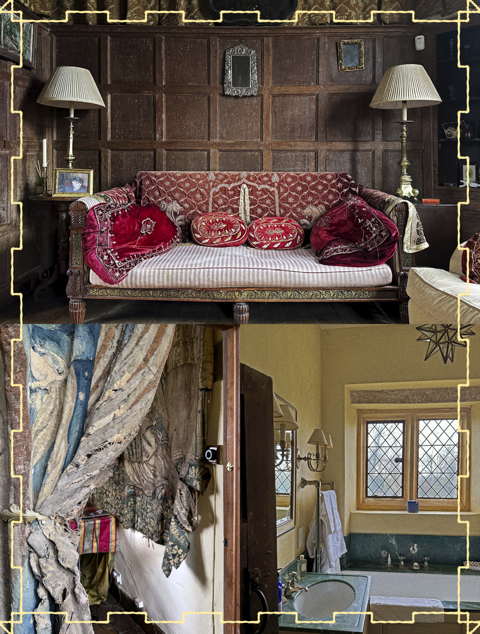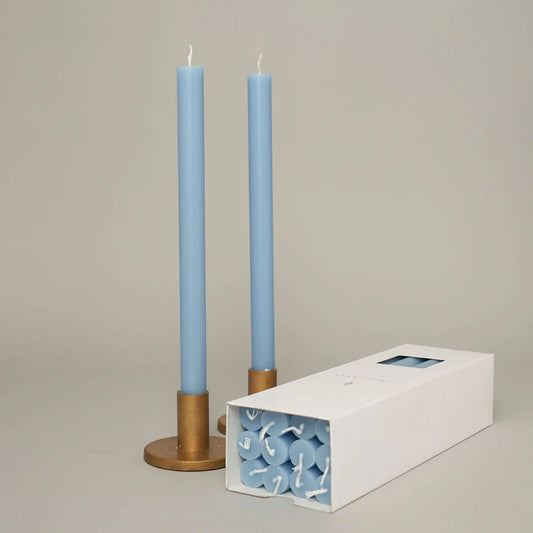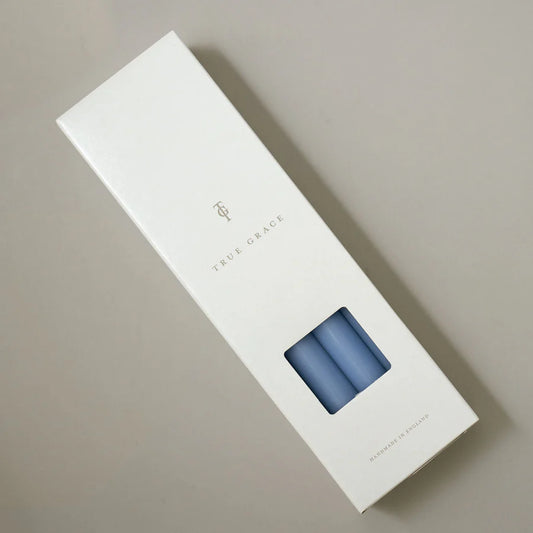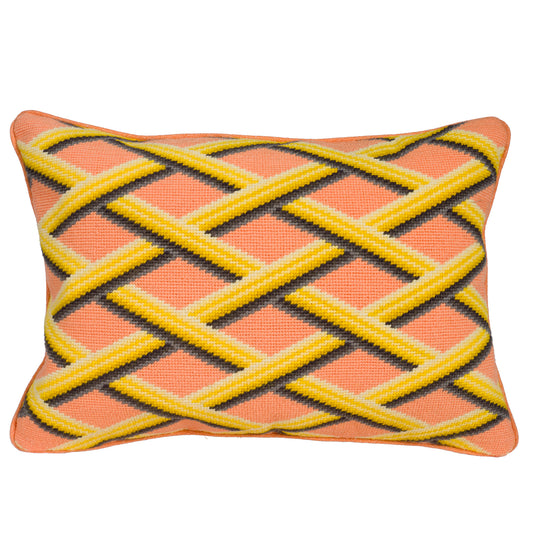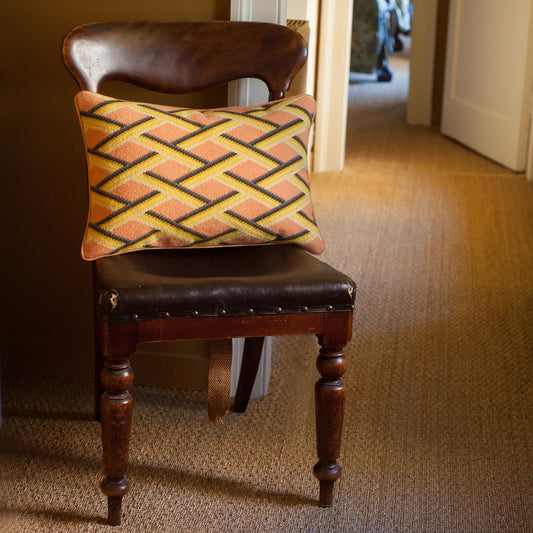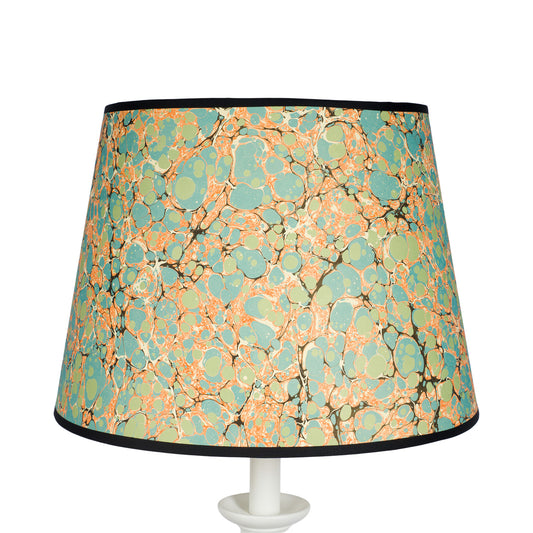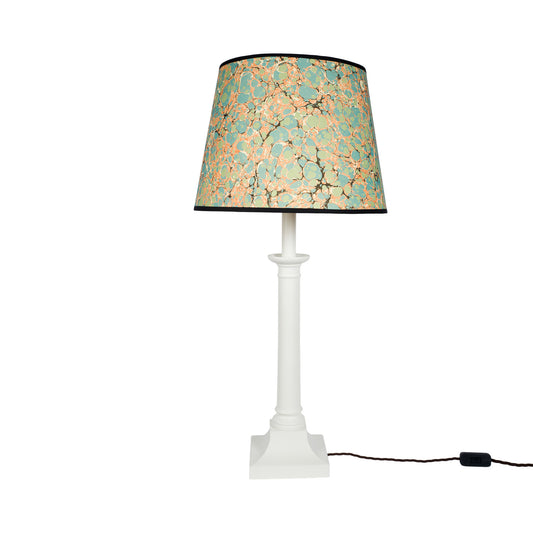I spent the afternoon in the garden, doing simple things. I cut some hazel rods for the broad beans, and earthed up and planted potatoes. It was a chill, grey day in Dorset. Spring arrives, then eludes us. I had other things on my mind. With the news, that I read today, of the destruction this week of the beautiful minaret of the Umayyad Mosque in Aleppo, my thoughts turned yet again to Syria, and I am so sad I can’t bear it.



When I was just out of University, a friend and I travelled across Greece and then south through Turkey. In ancient Antioch, modern-day Antakya, I said good bye to Sophie, who was heading back home, and I made my way south into Syria. I was full of trepidation yet found myself in the happiest, most beautiful country that I’d visited in a very long time. There’s something about travelling alone. It’s impossible not to meet people. I’ve never had a kinder welcome anywhere in my life.
It’s a long time ago now, back in the summer of 1994. To be honest the regime was fairly grim even in those days; Hafez al-Assad’s government was deeply repressive, the atrocities of his suppression of the 1982 Muslim Brotherhood uprising in Hama not far from the surface just 12 years later. (Incidentally, the site of the mass burial of the estimated 25,000 people who died there was sold to the Hilton Group, in case you ever had the misfortune to stay there). Years later I couldn’t believe, in New York, just a few days after 9/11, reading an op-ed in the Times about how firm, how excellent, Assad had been in stamping out so thoroughly this proto-arising of Al Qaeda. Strange how politics works in a city then reeling and still smoke-filled from that dreadful day.
I will never forget the sight of young school children dressed in military uniform everywhere, at once bizarre and chilling, and a sense of forboding that would grab you from time to time. In those days of course, Bashir al-Assad was nowhere to be seen. The heir elect had been his elder brother Bassel, whose image, like the father’s, was still ubiquitous, unavoidable. But Bassel had died in an accident driving himself to the airport early one morning six months earlier.
It was a curious thing travelling through a country where you couldn’t buy Coca-Cola – the only place in the world I’ve ever been where the familiar logo could not be seen or found. I admit, I liked that. And, well: I loved Syria—the ancient, crowded bazaar in Aleppo; the deserted ruins of Aphamia, even more beautiful than incredible Palmrya; the extraordinary Crac des Chevaliers; dreamy, wonderful Damascus, the oldest continuously inhabited city in the world.
I’ve just spent an afternoon digging out old photos of Syria. My diary’s in London, so I haven’t had the pleasure of curling up and reading that too, but even these little photographs bring back floods of memories.





Aphamia


The Baron Hotel in Aleppo, where I couldn’t afford to stay but had many happy evenings





Aleppo I love you



Palmyra



Meeting the tent arabs was like stepping back to a different era. I can hardly believe I took this photograph; it belongs to another life.






I can’t explain the sensation of being completely alone in the great ruined city of Palmyra as dusk softly fell and the moon rose and thunderstorms flashed way in the distance across the desert



Palmyra, too, has been shelled and is on the brink of destruction by the Assad government forces.

The backstreets of Damascus

and back in Aleppo

Where are you now?

I didn’t have a lot of time to draw on that trip

A good way of making conversation (their photo is up top)

At Palmyra

Damascus: the Blue Mosque – one of the most serene buildings I have visited in my life

I know, I know, that buildings are nothing compared with the destruction of life and liberty in Syria right now. And yet there is something emblematic about the collapse of a civilisation that is embodied in its buildings as much as the pain of its people.

Syria, I don’t know what the answer is. But my heart is bleeding for you.
I spent the afternoon in the garden, doing simple things. I cut some hazel rods for the broad beans, and earthed up and planted potatoes. It was a chill, grey day in Dorset. Spring arrives, then eludes us. I had other things on my mind. With the news, that I read today, of the destruction this week of the beautiful minaret of the Umayyad Mosque in Aleppo, my thoughts turned yet again to Syria, and I am so sad I can’t bear it.



When I was just out of University, a friend and I travelled across Greece and then south through Turkey. In ancient Antioch, modern-day Antakya, I said good bye to Sophie, who was heading back home, and I made my way south into Syria. I was full of trepidation yet found myself in the happiest, most beautiful country that I’d visited in a very long time. There’s something about travelling alone. It’s impossible not to meet people. I’ve never had a kinder welcome anywhere in my life.
It’s a long time ago now, back in the summer of 1994. To be honest the regime was fairly grim even in those days; Hafez al-Assad’s government was deeply repressive, the atrocities of his suppression of the 1982 Muslim Brotherhood uprising in Hama not far from the surface just 12 years later. (Incidentally, the site of the mass burial of the estimated 25,000 people who died there was sold to the Hilton Group, in case you ever had the misfortune to stay there). Years later I couldn’t believe, in New York, just a few days after 9/11, reading an op-ed in the Times about how firm, how excellent, Assad had been in stamping out so thoroughly this proto-arising of Al Qaeda. Strange how politics works in a city then reeling and still smoke-filled from that dreadful day.
I will never forget the sight of young school children dressed in military uniform everywhere, at once bizarre and chilling, and a sense of forboding that would grab you from time to time. In those days of course, Bashir al-Assad was nowhere to be seen. The heir elect had been his elder brother Bassel, whose image, like the father’s, was still ubiquitous, unavoidable. But Bassel had died in an accident driving himself to the airport early one morning six months earlier.
It was a curious thing travelling through a country where you couldn’t buy Coca-Cola – the only place in the world I’ve ever been where the familiar logo could not be seen or found. I admit, I liked that. And, well: I loved Syria—the ancient, crowded bazaar in Aleppo; the deserted ruins of Aphamia, even more beautiful than incredible Palmrya; the extraordinary Crac des Chevaliers; dreamy, wonderful Damascus, the oldest continuously inhabited city in the world.
I’ve just spent an afternoon digging out old photos of Syria. My diary’s in London, so I haven’t had the pleasure of curling up and reading that too, but even these little photographs bring back floods of memories.





Aphamia


The Baron Hotel in Aleppo, where I couldn’t afford to stay but had many happy evenings





Aleppo I love you



Palmyra



Meeting the tent arabs was like stepping back to a different era. I can hardly believe I took this photograph; it belongs to another life.






I can’t explain the sensation of being completely alone in the great ruined city of Palmyra as dusk softly fell and the moon rose and thunderstorms flashed way in the distance across the desert



Palmyra, too, has been shelled and is on the brink of destruction by the Assad government forces.

The backstreets of Damascus

and back in Aleppo

Where are you now?

I didn’t have a lot of time to draw on that trip

A good way of making conversation (their photo is up top)

At Palmyra

Damascus: the Blue Mosque – one of the most serene buildings I have visited in my life

I know, I know, that buildings are nothing compared with the destruction of life and liberty in Syria right now. And yet there is something emblematic about the collapse of a civilisation that is embodied in its buildings as much as the pain of its people.

Syria, I don’t know what the answer is. But my heart is bleeding for you.
